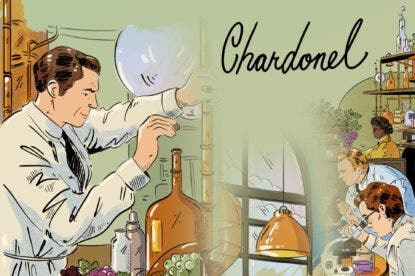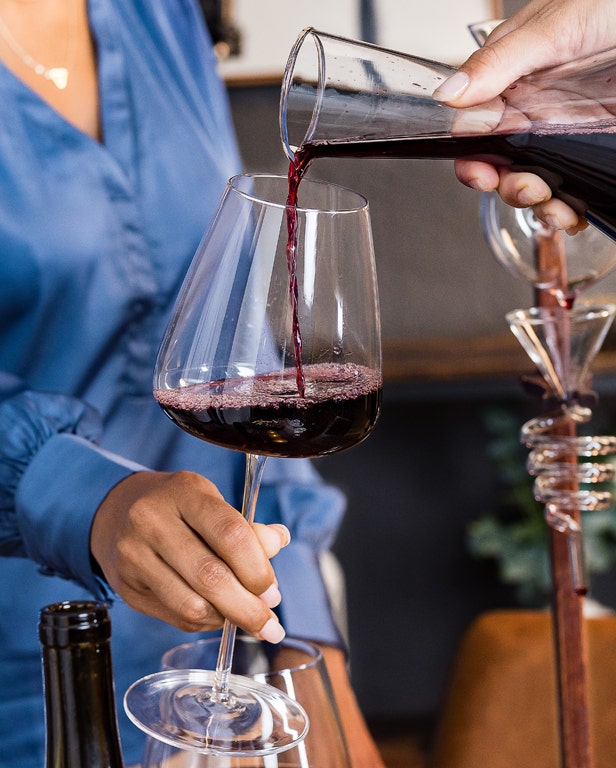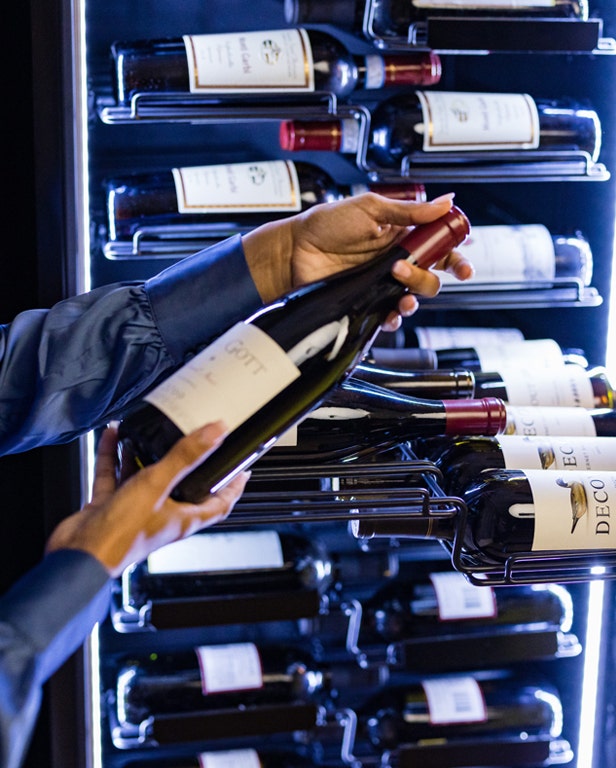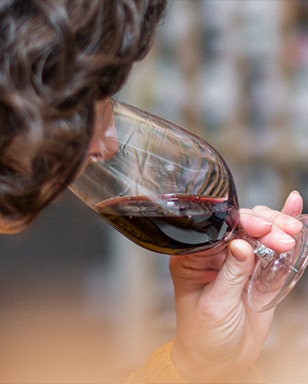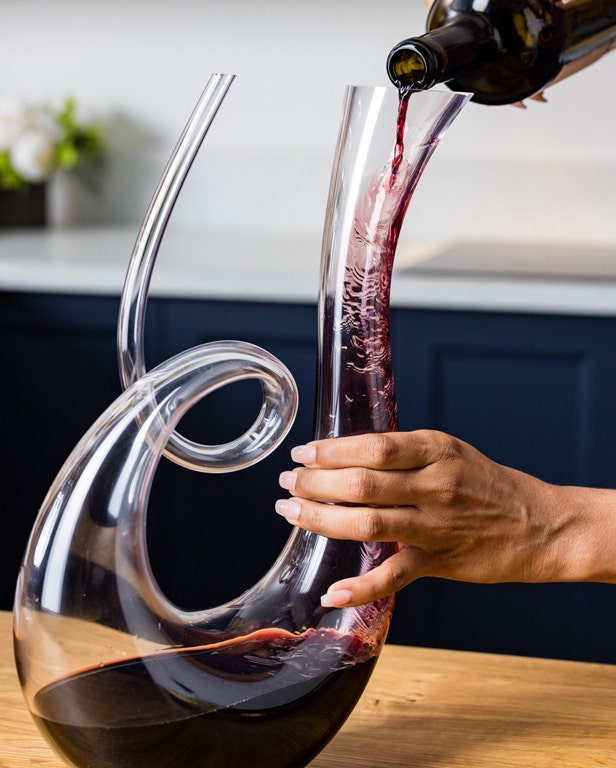How do you protect the things you love, especially when it comes to something as complex and rare as a wine collection?
For some, the answer is to purchase insurance, which can reimburse policy holders against financial loss due to accidents or natural disasters like fire, floods and excessive heat that currently affect wine regions worldwide. Muys Snijders, head of art collections management for AIG Private Client Group, says that insuring valuable collections of wine allows collectors to spend more time collecting wine, anticipating its peak and enjoying it.
Your favorite bottles may already be insured by homeowner’s or renter’s insurance. More likely, however, they’re not, as most policies don’t cover wine or spirits. Ken Sidlowski, who leads the private client practice at The Horton Group, an insurance agency, also says an average homeowner’s policy only covers up to $1,000. So, if you have $1,000 deductible, it’s a wash.
If you call your insurer to ask about protecting a wine collection, you may get a representative lacking the expertise to give you the information you need. It’s also a challenge to land a wine-only policy. Generally, insurance companies require a minimum amount of business from each customer, which is something to consider if you are not already a client of a financial services firm.
Wine Insurance Options (And Some Terms to Know)
Given the complexities of insurance policies and particulars, it’s useful to learn the lingo.
Unscheduled property means items that may be covered without being named on a policy. Note the word “may”—this is insurance, after all.
An insurance policy covering unscheduled property is known as blanket insurance. A named location, like your home, and everything within it is insured up to a certain amount, known as the limit.
Scheduling means adding coverage to an existing policy for specific items, named and valued based on a recent receipt or professional appraisal.
Standalone means a separate policy, with its own terms and conditions; a.k.a. monoline (what we call a “wine-only policy” above).
Experts say blanket insurance is doable for consumable wine and spirits, as opposed to bottles you hold for long periods of time. With blanket insurance covering your collection, you may not have to notify your broker every time you buy, sell or drink a bottle.
However, Dan Frankel, principal at Acacia Insurance, warns to not be seduced by convenience. “Your home policy is an expensive way to insure your wine or spirits collection,” he says. “If there’s ever a loss, you’re going to a have a lawsuit.”
Snijders agrees. She says that if you have many high value wine bottles, consider scheduling them individually.
Many experts say standalone wine and/or spirits policies are best. That way, if you have a loss, there’s language in the contract that specifically covers your items.
You also may have heard that you should never actually file an insurance claim because that will raise your rates, or later make you uninsurable. This is somewhat true, depending on your type of policy. For reasons that are tough to rationalize, if you file a claim for a pricey bottle that’s insured under your home policy, it can be worse for your future rates than if it’s covered by a standalone policy.
Do You Really Need To Insure Your Wine?
The average insured wine collection is valued at over $100,000. The question you first need to ask yourself: What can I afford to lose?
Frankel says there’s a threshold where people suddenly realize they’ve got anywhere from $10–$100,000 wrapped up in this pursuit, and their risk aversion helps them determine whether it’s time to insure..
Next question: Can I replace what I’ve lost? Finding your collection’s current value online is a great way to start your self-assessment and decide what you can likely replace. Useful online valuation tools include Cellar Tracker, Wine Owners and Wine Searcher, along with researching auction prices.
Insurance agents may have referrals, but if you’re looking for independent appraisal, a few resources that specialize in wine include The Appraisers Association of America, Chicago Wine Consulting, Classic Wine Storage & Service, and Enotrias. There may also be local wine consultants in your area who specialize in wine appraisals.
If you cannot afford to lose what you have, and your collection is worth at least $20,000, stand-alone wine insurance may be for you. Yes, you can insure lower-value collections, but don’t forget that deductible.
What Should Be In A Wine Insurance Policy?
A good wine and/or spirits policy will cover:
- Up to 150% replacement cost (e.g. $30,000 case covered up to $45,000)
- Damages due to breakage, climate change, fire, theft, transit and water, including damage to the label
- Newly acquired bottles, immediately (within existing total and per-item limit)
- All possible collection locations, globally
With insurance and wine, “climate change” has multiple meanings. In addition to earthquakes or fires, the definition can also encompass problems with environmental controls at storage facilities.
These days, however, “people are becoming sensitized to Mother Nature’s antics, and the consequences,” says Frankel. Agencies like his constantly review products, considering things like brush fire exclusions in Texas and wildfire exclusions in California.
Insurance companies do not like to take on risk, and often won’t offer new policies if you wait until a potential disaster is already on the news. This includes transportation and shipping network issues. Transit is a hot topic these days, says Sidlowski, with so many people working from home.
Any purchase of dedicated insurance for your wine collection comes down to deciding what’s important to you, and how much risk you’re willing to take. At the end of the day, says Sidlowski, are you going to file a claim for a $100 bottle? Probably not. A case of $100 bottles? Call your agent.
Last Updated: May 8, 2023









